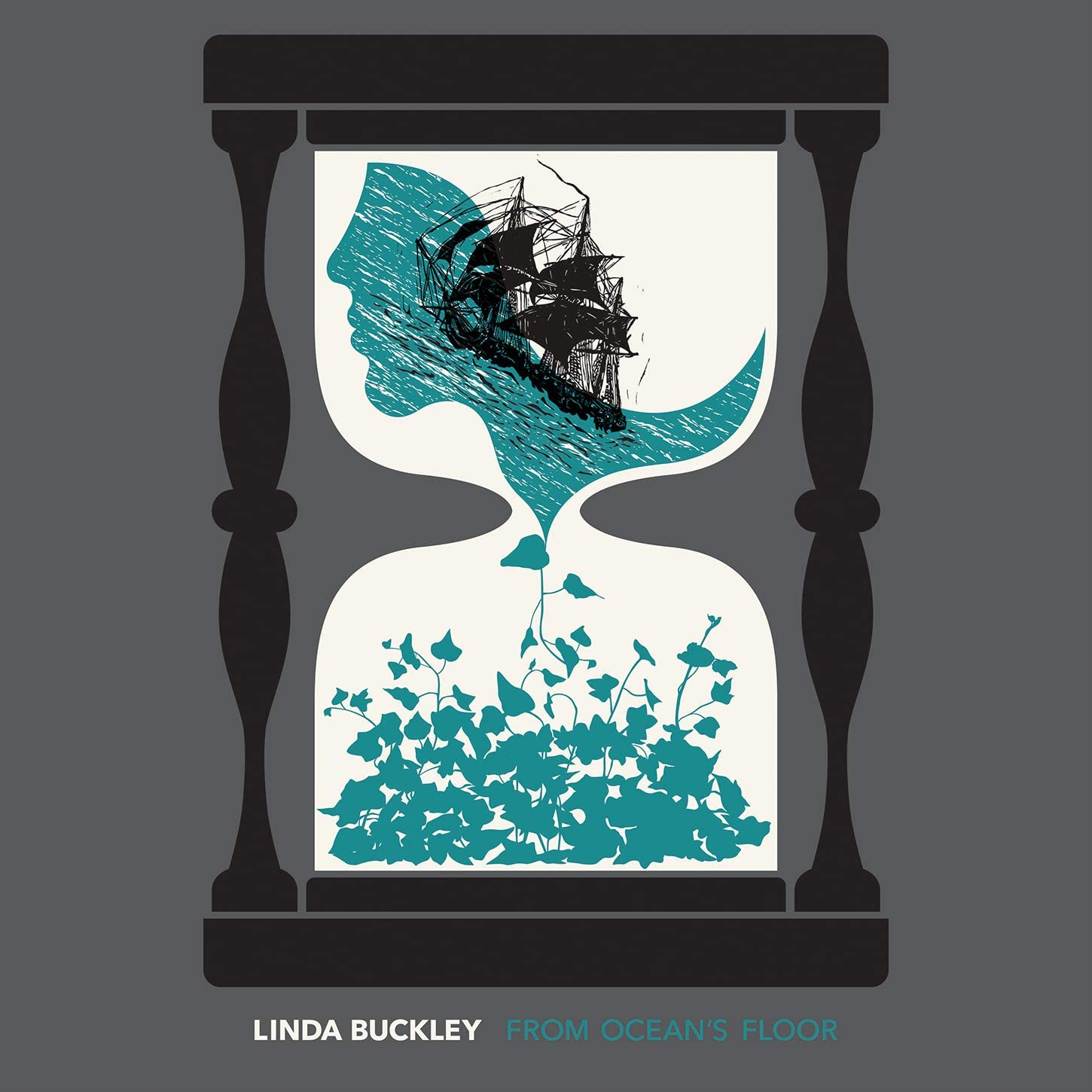BUCKLEY From Ocean's Floor
View record and artist detailsRecord and Artist Details
Composer or Director: Linda Buckley, Joby Burgess
Genre:
Chamber
Label: NMC
Magazine Review Date: 11/2020
Media Format: CD or Download
Media Runtime: 78
Mastering:
DDD
Catalogue Number: NMCD258

Tracks:
| Composition | Artist Credit |
|---|---|
| Ó Íochtar Mara (From Ocean's Floor) |
Linda Buckley, Composer
Crash Ensemble Iarla O'Lionáird, Voice Linda Buckley, Composer |
| Fridur |
Linda Buckley, Composer
Isabelle O'Connell, Piano Linda Buckley, Composer |
| Discordia |
Linda Buckley, Composer
Joby Burgess, Composer Linda Buckley, Composer |
| Haza |
Linda Buckley, Composer
Linda Buckley, Composer RTÉ ConTempo Quartet |
| Kyrie |
Linda Buckley, Composer
Linda Buckley, Composer |
| Exploding Stars |
Linda Buckley, Composer
Darragh Morgan, Violin Linda Buckley, Composer |
Author: Liam Cagney
From Dennehy to Walshe, Ann Cleare to Andrew Hamilton, a slew of Irish voices have recently caught international attention. Not least among them is Linda Buckley. Based at the Royal Conservatoire of Scotland, Buckley has a style drawing not only on late Romanticism and post-minimalism but also on electronica and traditional Irish music. As evinced on this debut portrait disc, her style is refined and distinctive.
The song-cycle Ó Íochtar Mara (‘From Ocean’s Floor’) was composed for the celebrated Irish sean-nós singer Iarla Ó Lionáird. Buckley juxtaposes the traditional Irish idiom (she grew up with the music) with string quartet and electronics. Unsurprisingly given the centrality of the folk material, the music tends to stay around one harmonic centre; neo-modal more than neo-tonal. The most beautiful of the cycle is the third song, which translates as ‘Sun and Moon’: as a lover with quivering voice recalls the transformative power of their beloved, delirious string glissandos and shimmering electronics conjure a luminous vista. Elsewhere, strings crisp and senza vibrato, electronics a continuous resonance, the music exudes north European froideur, albeit in a lamenting mood. Dramatising a drowned man addressing his grieving lover, the fourth movement, based mostly on electronic pads and voice, recalls mid-1990s Warp Records.
Throughout the album, the sound world and pacing are consistently lush and slow. Fridur for solo piano and electronics presents a glacial landscape (Iceland, which Buckley regularly visits) in the context of emotional vexation; conflict registers in repeated minor sixths and major ninths, tremolo treble figures and booming reverberant bass. Paradoxically, the album’s strength is also at times a drawback: while the stylistic consistency (modal instrumental material, slowness, continuous electronic textures) creates an immersive quality, it also means over 80 minutes there isn’t a lot of contrast. Nonetheless, Haza for string quartet and electronics shows Buckley’s sensitive instrumentation. Poise, balance and registral spacing in the sustained string voices opens a space in which evocative synthetic textures ebb and flow, until eventually the spell breaks with a moment of dense Bartókian polyphony.
Discover the world's largest classical music catalogue with Presto Music.

Gramophone Digital Club
- Digital Edition
- Digital Archive
- Reviews Database
- Full website access
From £8.75 / month
Subscribe
Gramophone Full Club
- Print Edition
- Digital Edition
- Digital Archive
- Reviews Database
- Full website access
From £11.00 / month
Subscribe
If you are a library, university or other organisation that would be interested in an institutional subscription to Gramophone please click here for further information.




